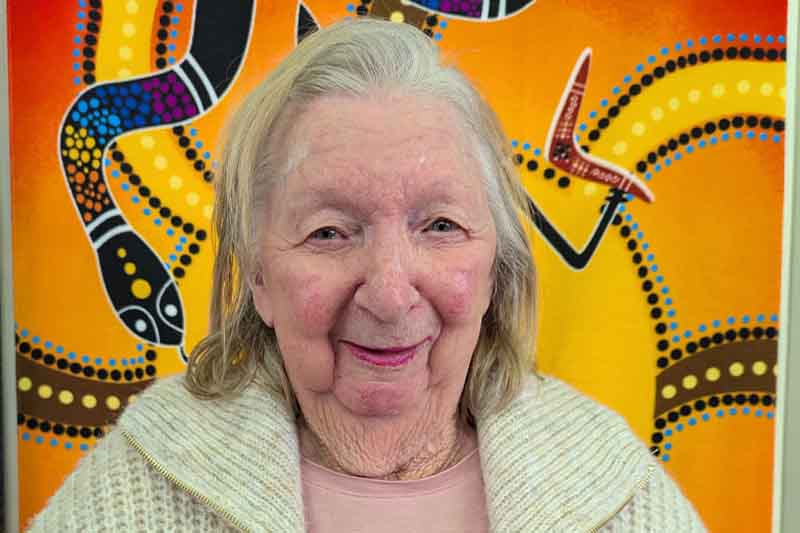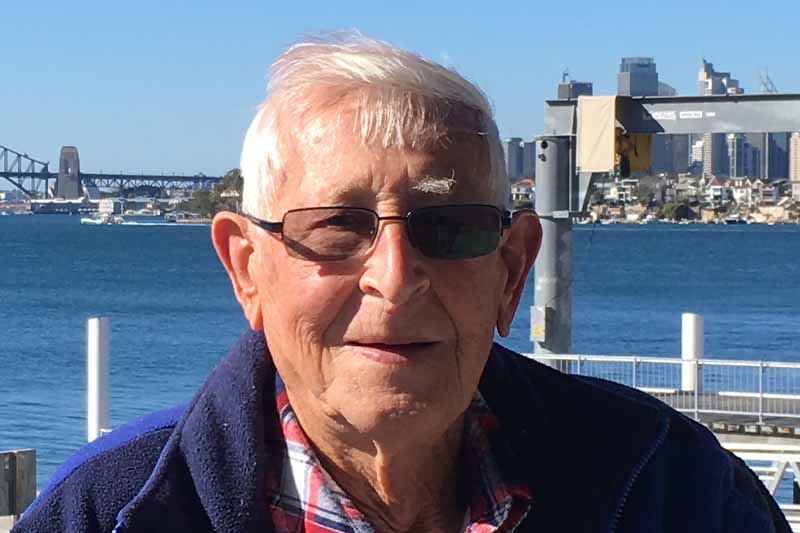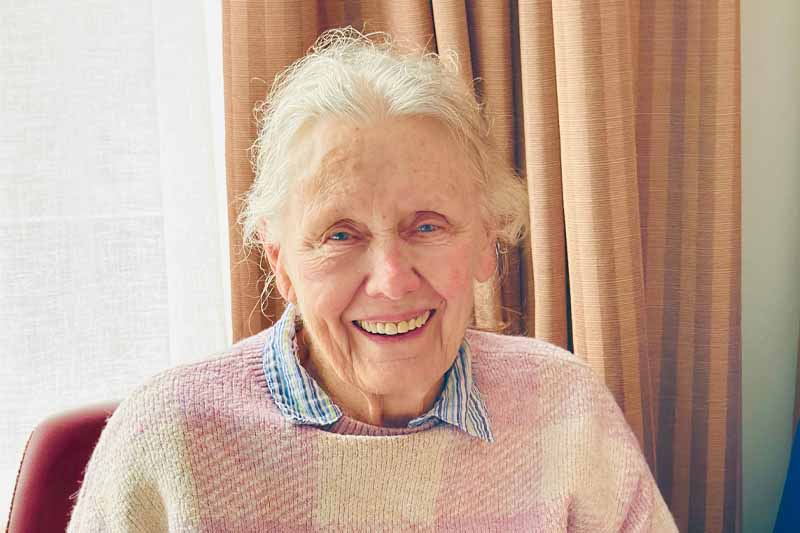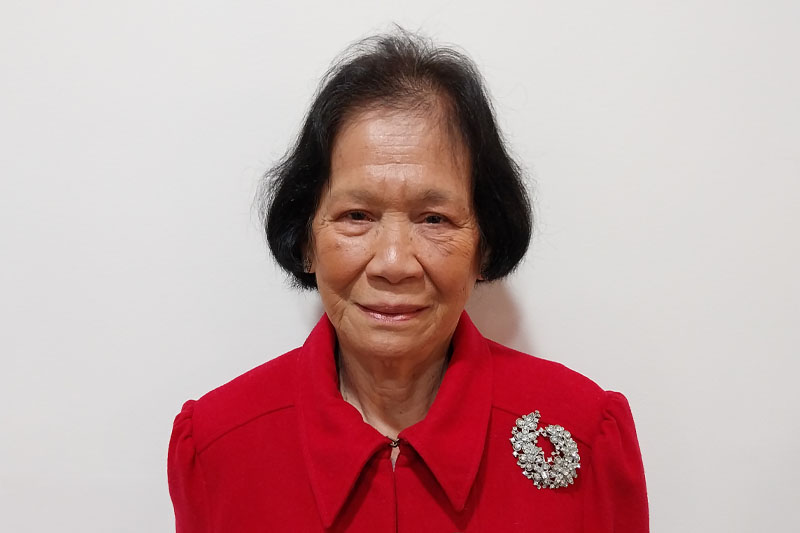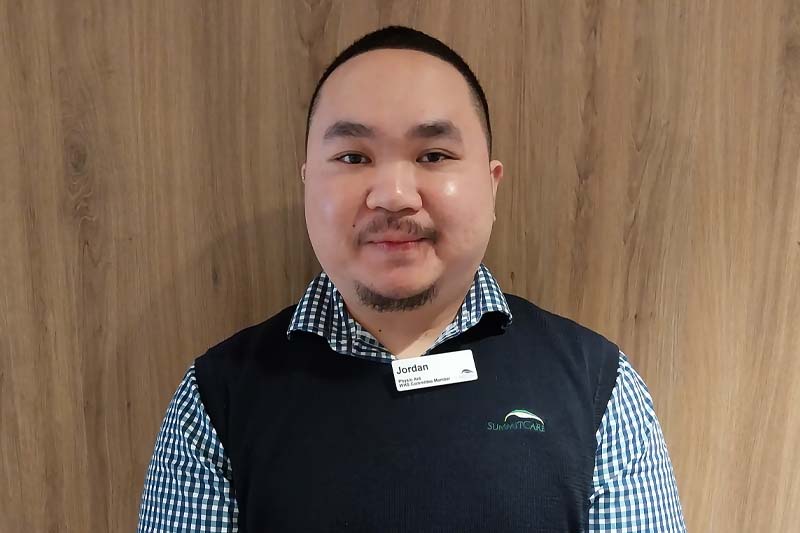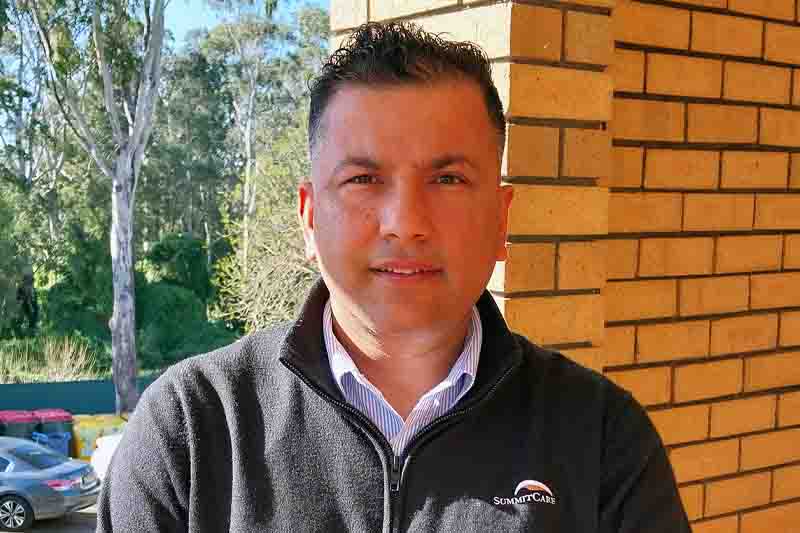Researchers say almost 900,000 Australians could have dementia by 2050 and 52% of those living in aged care live with dementia. So what are the Dementia disease signs should we be looking for?
Even though every person with Alzheimer’s disease and dementia will experience their illness differently, information is available to help patients and their loved ones understand more about what is happening.
Dr Barry Reisberg, Director of New York University’s Ageing and Dementia Research Centre, has developed a system that covers Dementia disease in seven major clinical stages.
STAGE 1: No cognitive decline
This covers mentally healthy people of all ages, with no reports of memory concerns or mood changes from loved ones. No objective or subjective symptoms of cognitive or functional decline in any cognitive testing.
STAGE 2: Normal aged forgetfulness
Many people over 65 claim they cannot remember names or where they placed their keys as well as they used to do, and this is normal aged forgetfulness. Over time, people experiencing this may decline faster than those without such symptoms.
STAGE 3: Mild cognitive impairment
Family, friends and the person themselves may notice subtle problems, such as repeating stories, trouble finding the correct word, losing possessions and anxiety. Impaired cognition can be tested at this stage.
STAGE 4: Mild or early stages of Dementia
Here, complex life activities – such as cooking for guests or shopping – can be hard to manage, and mood can change to withdrawal. At this stage, which has a mean duration of two years, an accurate diagnosis of Dementia can be made.
STAGE 5: Moderate stages of Dementia
Major memory gaps are evident and a person may not be able to remain at home without support, and will need help with eating, hygiene, maintaining a home and paying bills.
STAGE 6: Moderately severe or mid-stage Dementia
Constant supervision and professional support required to manage symptoms including memory loss, such as forgetting the names of those close to them or recent events, the inability to perform daily activities such as dressing, and disruption to the normal sleep and wake cycle.
On an emotional level, there can be increased sadness, anger, agitation, delusions, anxiety and confusion.
STAGE 7: Severe or late stages of Dementia
Those in this stage are nearing death, unable to respond to their environment or communicate properly. They may have swallowing problems, severe cognitive impairment, urinary and faecal incontinence and an inability to walk. Most commonly at this stage people will die from other health related conditions such as pneumonia due to aspiration, stroke, heart disease or cancer, and some from Dementia disease itself.
SummitCare supports those with dementia and their families in a respectful, professional manner and stresses that this information is merely a guide, with patients moving between stages at different rates.
We trust, though, that it is of value to those supporting loved ones with Dementia disease.
*This article is based on information from Care Page (formerly known as The Aged Care Report Card). For more details see the Care Page website.
FAQs
What is Dementia?
Many different diseases can cause Dementia, so it is an overall term describing the range of symptoms that are associated with a memory or thinking decline that impacts daily activities.
I have memory loss. Do I have Dementia?
Not necessarily, but if you do have concerns you should visit your GP who can conduct tests and refer you to a specialist if required.
How do I prevent Dementia?
There is currently no known treatment that can slow Dementia progress. Some risk factors such as age cannot be controlled. But brain health can be improved through physical activity, a healthy diet, mental stimulation, quality sleep, stress management, social engagement and looking after your heart.
How do I know when my relative should come into care?
It’s always an individual decision for the relatives, friends or other loved ones to decide when a person living with Dementia goes into care. There is no hard and fast rule and it varies from person to person.
If you, or someone you love is, living with dementia and you’re unsure of what their future care needs may be then give SummitCare’s friendly team a call on 1300 68 55 48 or send us an email


